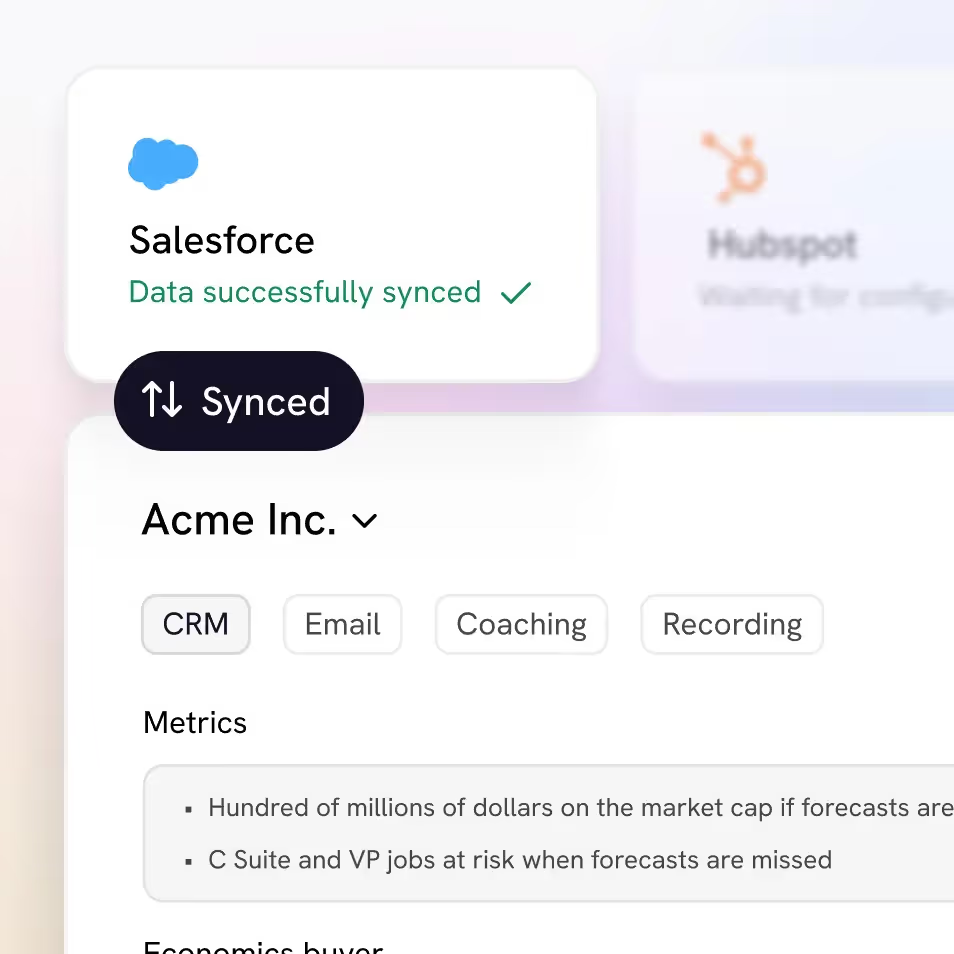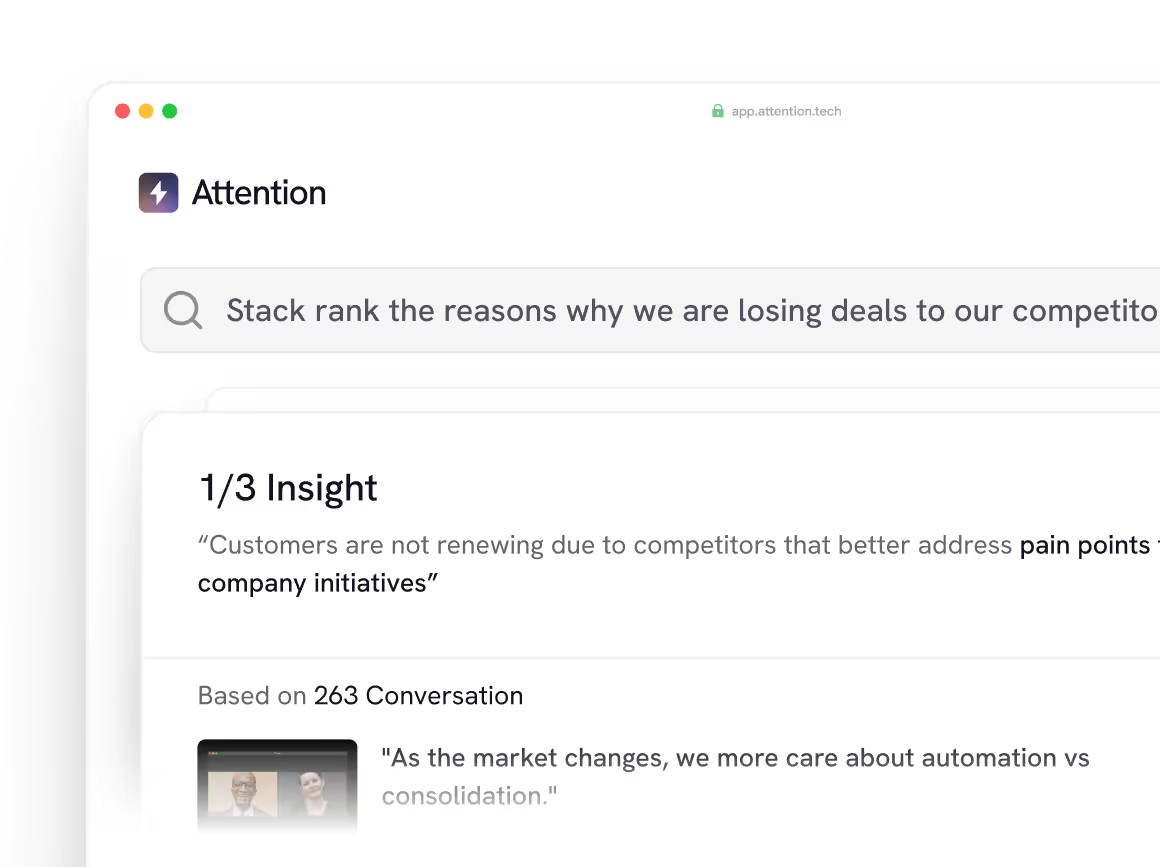What is Metadata in Salesforce?
Metadata is an important part of Salesforce, and it is essential to understand what it is and how it works. Metadata is the data that describes the structure of your Salesforce org, such as the objects, fields, and relationships that make up your org. It is also used to define the roles and permissions that users have in your org. In short, metadata is the foundation of a Salesforce org, and it is important to understand how it works.
To begin, let's define what metadata is. Metadata is data about data. It is used to describe the structure and characteristics of your Salesforce org. It includes information about the objects, fields, relationships, and other elements that make up your org. Metadata is also used to define the roles and permissions that users have in your org. For example, a Salesforce Administrator will use metadata to define which users have access to which objects, fields, and other features of Salesforce.
Metadata plays an important role in Salesforce. It is used to define the structure and characteristics of your org, as well as the roles and permissions that users have. Metadata is also used to create custom objects, fields, and relationships, and to define page layouts, permission sets, and other elements of Salesforce. Metadata is the foundation of a Salesforce org, and it is important to understand how it works.
When working with metadata, it is important to understand the different types of metadata. The most common types of metadata in Salesforce are:
- Objects – Objects are the fundamental building blocks of a Salesforce org. They represent the data stored in Salesforce, such as contacts, accounts, leads, and opportunities. Objects also define the relationships between different pieces of data.
- Fields – Fields are used to store data in Salesforce. For example, a contact object might have fields for first name, last name, email address, and phone number. Fields are used to define the data stored in Salesforce.
- Relationships – Relationships are used to define the relationships between different objects in Salesforce. For example, a contact object might be related to an account object, and a lead object might be related to an opportunity object. Relationships are used to define the relationships between objects in Salesforce.
- Page Layouts – Page layouts are used to define the layout of pages in Salesforce. They are used to define the fields, sections, buttons, and other elements that make up a page in Salesforce.
- Permission Sets – Permission sets are used to define the roles and permissions that users have in Salesforce. For example, a Salesforce Administrator might define a permission set that allows users to view certain objects and fields, but not to edit them.
- Workflows – Workflows are used to automate certain processes in Salesforce. For example, a Salesforce Administrator might create a workflow that automatically adds a contact to a certain list when they sign up for a newsletter.
- Apex Code – Apex code is used to create custom functionality in Salesforce. It is a programming language used to create custom logic and automation in Salesforce.
Metadata is an essential part of Salesforce, and it is important to understand how it works. It is used to define the structure and characteristics of your org, as well as the roles and permissions that users have. Metadata is also used to create custom objects, fields, and relationships, and to define page layouts, permission sets, and other elements of Salesforce. Understanding metadata is essential for Salesforce Administrators, and it is important to take the time to learn how it works.
Conclusion
Metadata is an important part of Salesforce, and it is essential to understand what it is and how it works. It is used to define the structure and characteristics of your org, as well as the roles and permissions that users have. It is also used to create custom objects, fields, and relationships, and to define page layouts, permission sets, and other elements of Salesforce. Understanding metadata is essential for Salesforce Administrators, and it is important to take the time to learn how it works.
About Attention
Attention is your real-time, fully integrated AI voice assistant for sales.
With our state-of-the-art AI capabilities, Attention understands your conversations and fills up your CRM fields with one click.
Attention will also understand conversations and draft the best follow-up email customized to what was said during your calls.
Supercharge your go-to-market and turn your horse into a rocket. Welcome to the future of Sales!

Accurate deal data
Attention's Al uses prompts custom to your sales approach to extract valuable call data, synthesize it at the deal level and sync it with your CRM fields.
Performance analytics
Create bespoke scorecards and have our Al grade every call. Keep track of every rep's performance, compare them with the rest of the team and get your coaching priorities straight.
Real-time sales coaching
Attention guides your sales reps on every call using your sales methodology templates, Al powered battle cards, and live talk tracks.
Generalized insights
Extract aggregate insights about your customers, reps, competitors, or any other topics covered in your calls. Gain the insights that matter to continuously improve your GTM playbook.
Get started now
All you need to know about your customers
Integrated with
100+ tools






















The only sales Al custom built for your team
Attention analyses your customer interactions to uncover custom deal-level insights, rep performance patterns and market intelligence unique to your team, business model and sales methodology.
Customized insights
We program our AI to understand your unique business goals and processes. A bespoke build plus open-ended prompts means you leave each call with truly actionable insights and none of the noise.
Automated call scoring
Managers are too busy to listen to tons of calls each week to stay on top of rep performance. In seconds, you can have all the right elements to improve rep performance.

Ready to learn more?
Attention's AI-native platform is trusted by the world's leading revenue organizations